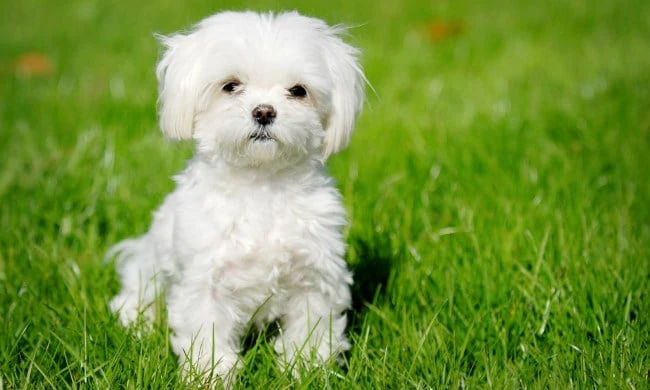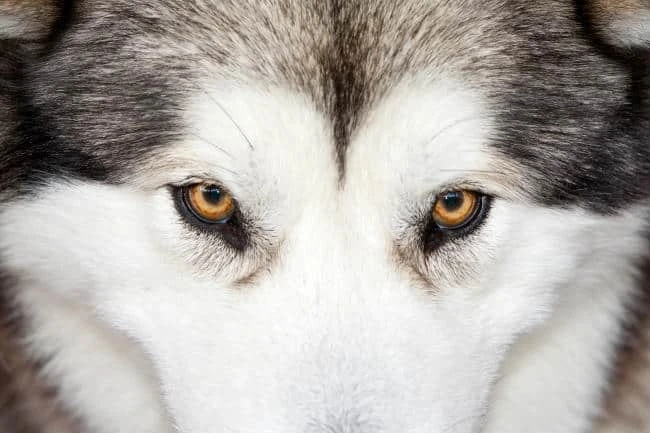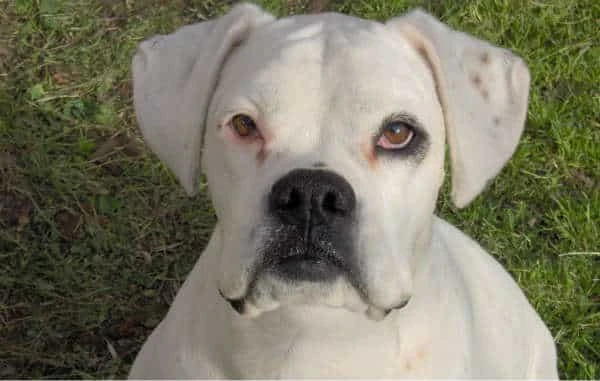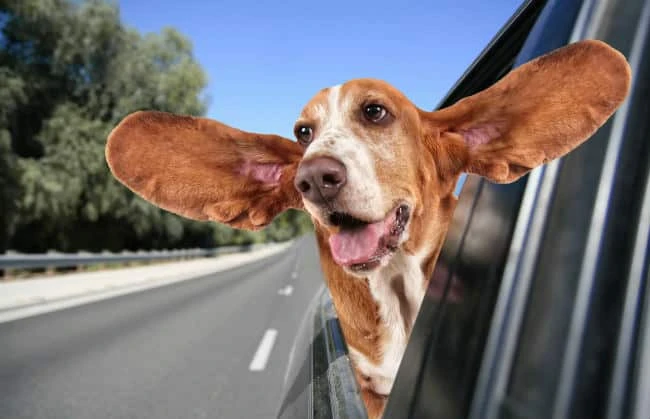The Dog Owners Guide to Colitis in Dogs & Puppies
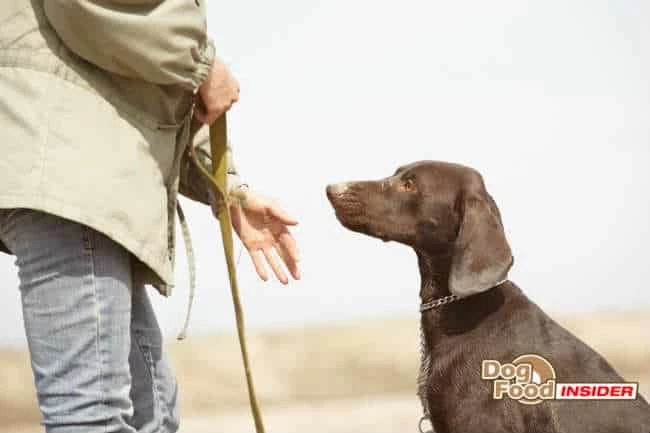
How does colitis in dogs and puppies affect your pooch? This condition refers to an inflammation of the colon which is often caused by inflammatory bowel disease which affect the small and large intestines.
Did you know? Colitis is estimated to be one of the leading causes of diarrhea in dogs (in fact experts estimate as many as 50% of cases of diarrhea are a direct result of the condition and inflammation of the colon).
Inflammatory bowel disease (IBD) actually refers to a number of conditions all capable of causing colitis in dogs and puppies – these conditions that fall under the umbrella term (IBD) include…
Lymphocytic-Plasmacytic EnterocolitisThis is one of the most common types of IBD which can affect a number of different breeds including German Shepherds, Basenjis’, Wheaten Terriers and the Sharpai – the main causes of this can be due to food allergies, intestinal bacteria (too much) and Giardiasis. It is also thought that the illness can be due to autoimmune issues.
Symptoms of this condition can include prolonged vomiting and diarrhea – due to the colon also being affected this causes the colitis.
Eosinophilic Enterocolitis This is a rarer type of inflammatory bowel disease that can cause colitis in dogs. This condition is often caused by Roundworms and Hookworms. Food allergies are also thought to be a cause.
Granulomatous (regional) Enteritis This type of IBD is actually quite similar to Crohn’s disease that can affect humans. This is caused when the small bowel starts to narrow as a result of the lymph nodes and fat that surrounds it becoming inflamed. Symptoms of this condition can include diarrhea (containing blood and mucus).
Neutrophilic Enterocolitis This type of IBD can lead to chronic diarrhea, to help diagnose this condition and rule out a bacteria infection the vet will take a stool sample and colon biopsy.
Histiocytic Ulcerative Colitis in dogs This is also diagnosed through a colon biopsy and is a condition that is almost completely isolated to Boxer dogs. This type of IBD will cause severe diarrhea (also containing blood and mucus). Your dog may also lose weight.
What are the symptoms of colitis in dogs?
As previously mentioned colitis in dogs is caused by the colon becoming inflamed – when it becomes inflamed to a such a severity that it can no longer store feces or absorb water your dog or puppy will start to exhibit a number of symptoms.
1. Your dog or puppy may strain when attempting to poop, this can sometimes be confused with constipation. This need to want to poop is because the bowel is inflamed (there might actually be any poop that needs to be passed).
2. Another symptom of colitis in dogs is for your dog’s stools to be covered in mucus. There might also be blood in the stools.
3. Your dog or puppy may attempt to poop more often but may not actually pass many stools on each attempt.
4. In really bad cases of colitis your dog may experience serious bouts of diarrhea and even vomiting. If your dog becomes really dehydrated it is possible that the illness could lead to your pooch collapsing.
5. Another symptom of this condition is for any diarrhea to be red/brown in color.
What causes the condition…? This illness is often caused by your pooch eating food that is not meant for dogs i.e. human food. If your pooch is a ‘bin stealer’ then you might have seen this problem before. Human food is meant for you and not your pet! Chips, cake or anything that is hard to digest can lead to problems. Food that is high in fat is a common cause of the illness so make sure that you don’t feed your pooch any leftovers from your previous night’s pizza or burger and if your beloved pet keeps stealing food from your garbage move the bin somewhere he or she can’t reach.
Food that has not been digested properly can also lead to the illness.
Another cause of the problem is anxiety. If your pooch gets easily stressed or anxious then you might see symptoms of the illness. It is not that uncommon to see your pooch develop colitis prior to going into kennels or when he or she is actually in kennels.
Treatment for dogs with colitis
The treatment for this condition should always involve you taking your pooch to the vet to get an accurate diagnosis (you need to make sure that it is not something more serious).
The most common way a vet will recommend to treat the illness is through a complete reduction on all food – basically this means no food should be given to your pooch for 24 hours (make sure that there is plenty of fresh water available so that your pooch is properly hydrated). After the 24 hour period you should then only feed your dog a basic and very boring diet (you don’t want any extra flavoring etc). Boiled rice or pasta is the recommended diet after a period of fasting.
Don’t forget if you have any concerns about your dog’s health at any point do not hesitate to telephone your vet.
Dog Health Problems Online > Colitis in Dogs

